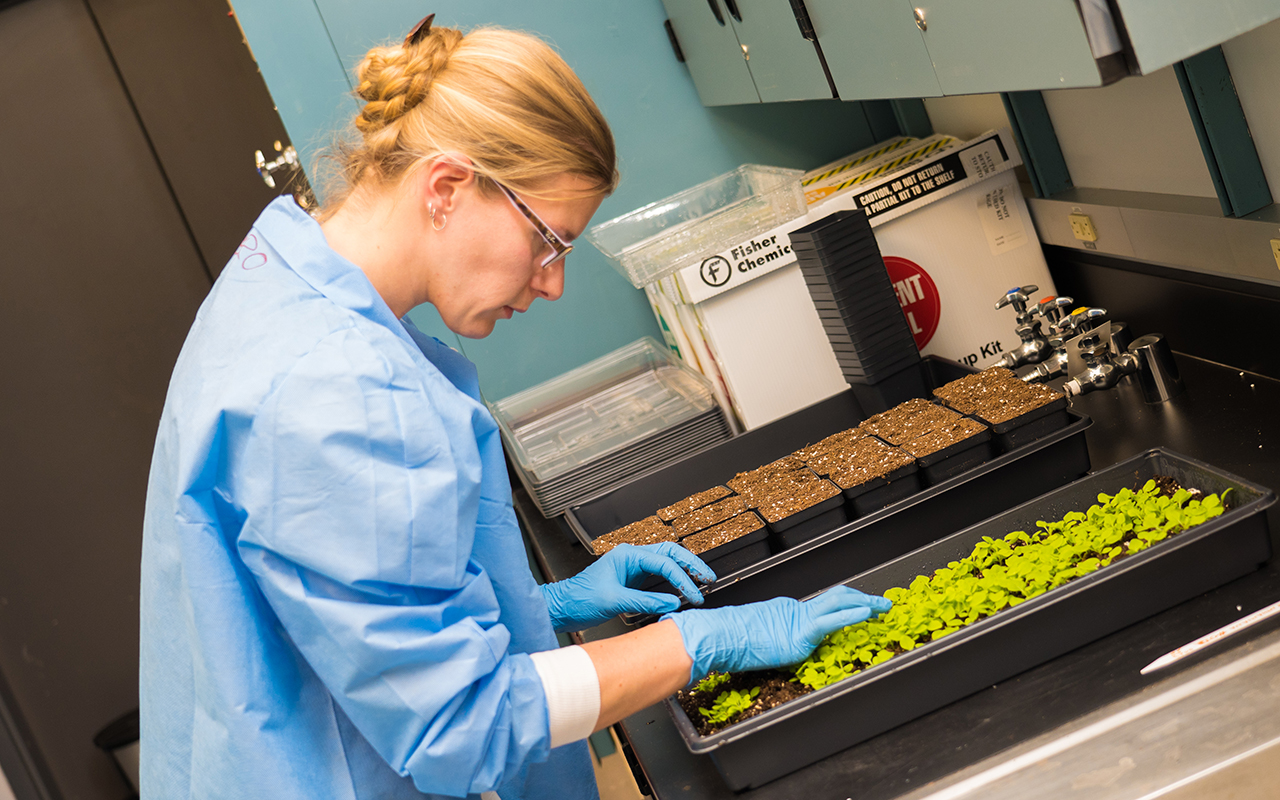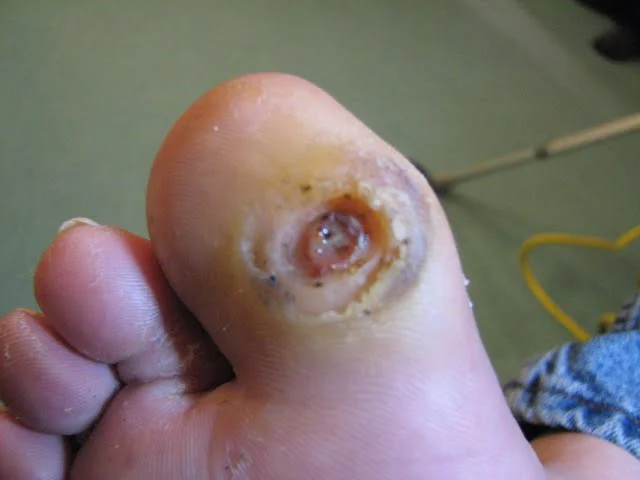
Sarcoma treatment is evolving with immunotherapy offering promising new options for this rare cancer. While traditional approaches, such as surgery, chemotherapy, and radiation, remain key, immunotherapy aims to activate the body’s immune system to target cancer cells more precisely. This method has the potential to reduce reliance on invasive treatments and improve patient outcomes. Ongoing research is uncovering innovative techniques, with clinical trials showing encouraging results. As studies progress, advancements in sarcoma immunotherapy are expected to shape the future of cancer care significantly.
What Is Sarcoma Immunotherapy?
Sarcoma immunotherapy refers to treatment strategies designed to strengthen and direct the body’s immune system to identify and destroy sarcoma cells. Sarcomas are cancers that develop in connective tissues, including bones, muscles, and fat. They are rare and typically resistant to conventional therapies when they reach advanced stages. This makes innovative solutions necessary for improved outcomes.
Immunotherapy takes different forms. Common methods being explored for sarcomas include immune checkpoint inhibitors, therapeutic cancer vaccines, and adoptive T-cell therapies. Each aims to enhance the immune system’s natural ability to fight cancer. While these approaches hold potential, their application to sarcomas remains under investigation. This is due to the distinctive behavior and biology of these tumors, compared to more common cancers.
Are Clinical Trials Showing Promise?
Clinical trials play a central role in evaluating the safety and effectiveness of sarcoma immunotherapy approaches. Recent trials have shown progress in identifying new ways to harness the immune system against sarcoma cells, aligning with broader successes seen in immunotherapy for other types of cancer. Preliminary data from trials involving immune checkpoint inhibitors have demonstrated responses in certain sarcoma subtypes, though not all patients benefit equally. This indicates a need for further studies to refine patient selection criteria and improve outcomes.
Trials exploring T-cell-based therapies are opening avenues for targeting sarcoma-specific antigens, with researchers working to address challenges such as resistance and immune evasion. Trial findings also suggest the potential for combination therapies, where immunotherapy is paired with traditional treatments such as radiation or chemotherapy. These combinations aim to create synergy, improving the effectiveness of immunotherapy while addressing the varied landscape of sarcoma tumors.
What Advances Are on the Horizon?
The future of sarcoma immunotherapy lies in understanding and overcoming its current limitations. Upcoming advances focus on tailoring treatments to each patient’s unique tumor profile and leveraging cutting-edge technologies. Several areas show particular potential for groundbreaking developments.
- Personalized Medicine Tools: New diagnostic techniques such as next-generation sequencing are enabling researchers to identify specific molecular targets within tumors, paving the way for personalized treatment plans.
- Biomarker Identification: Biomarkers that predict patient response to immunotherapy are being actively investigated, helping refine treatment selection for better outcomes.
- Combination Approaches: Researchers are exploring how existing therapies can be optimized alongside newer immunotherapy methods in multi-modal strategies.
- Expanded Cell-Based Therapies: Advances in adoptive T-cell therapy, particularly CAR-T cells, hold the promise of precise targeting with fewer side effects.
Continued investment in studies and collaboration among researchers worldwide is likely to accelerate these advances, benefiting sarcoma patients with more effective treatment options.
Consult a Specialist
Sarcoma is a complex cancer that requires specialized treatment tailored to its unique challenges. Advances in immunotherapy are opening new doors, but these options must be carefully evaluated for each patient. Consulting a specialist who is up-to-date on the latest treatments and clinical trials is key to explore the best options. Staying informed and seeking expert guidance can make a meaningful difference in managing this rare condition..





